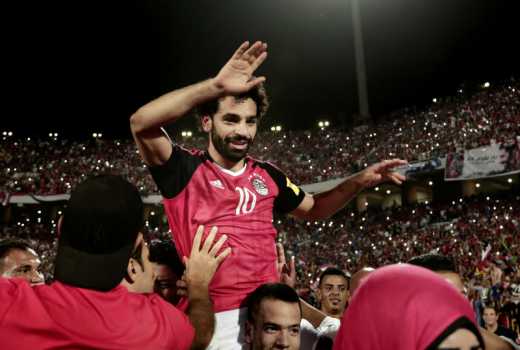×
The Standard e-Paper
Kenya’s Boldest Voice

The heavy rains that have been pounding different parts of the country have lately turned me into an indoor person, spending more time watching football.
Once they subside or stop altogether, I will go back to one of my favourite pastimes - playing golf, but do I say?